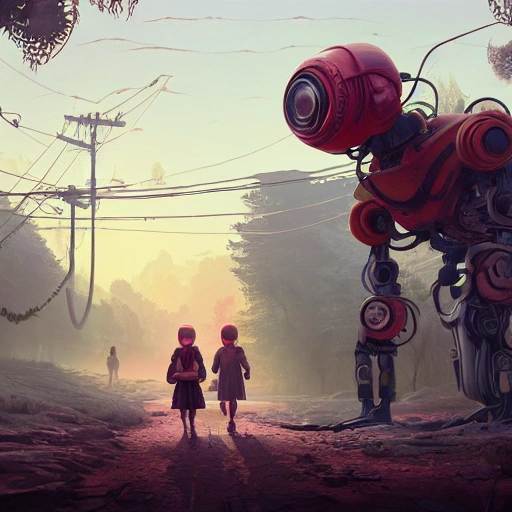Is Activision Plagiarism Laundering??

An interesting and tricky legal question that I will have to be careful in dancing around. While credit laundering is legally speaking not the motive, it looks rather a lot like it’s the effect.
Not too long ago Activision/Blizzard had yet another scandal. Hearthstone had sold some cards that turned out to have been created by generative AI. Now this was not actually company policy, this was just some stuff that was outsourced to an “artist” who let his computer do all the heavy lifting and hoped he wouldn’t get caught.
But now it looks like Activision was inspired by this. I mean hey, the pay-pigs ate up the AI slop. Shouldn’t we just use that instead of paying real artists?
At the end of the day, live service games are dependent on three streams of revenue. Subscriptions, assuming the players will pay for it. Pay-to-win buffs. And lastly, cosmetics, “Hey, look at my ultra-rare Pink Mercy Valentine skin. You can’t buy it anymore loser! Ha! Ha! Ha!, Wait, you can now?”
But recently Activision was posting jobs for generative AI. Yes, they’ve assured the artists that they won’t be replaced but it’s pretty standard procedure to inform doomed workers that their jobs are secure, even though the company has already picked the day they will be locked out of the building.
A lot of key talent is already leaving. But again so long as the pay-pigs are willing to buy the slop who cares right?
The problem is that Generative AI doesn’t generate shit. It just picks up assets from here and there and incorporates them according to its sorting algorithm. The thing is these assets were originally made by human artists who have rights of IP ownership. But run this art through the Generic Crap Filter and those rights have vanished.
The Swedish retro-futurist artist Simon Stålenhag is flavor of the month with Gen Z kids.

So just feed the AI nothing but his art, and the result while resembling his art, does not meet the legal definition of plagiarism.
Now does it?

That’s the real question, isn’t it? And it’s going to have to be settled in the courts. If the courts back the corporations then it’s going to effectively invalidate every copyright law going back to Queen Anne’s Law.

